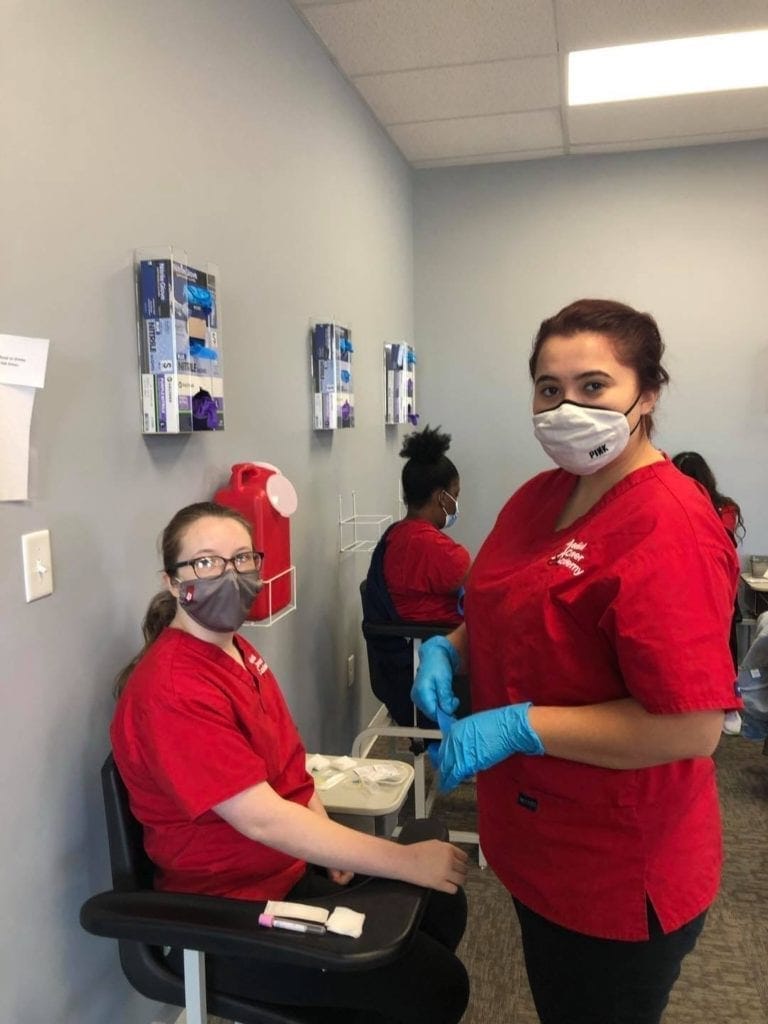The current state of the EKG technician field and its future hold a lot of potential. It is a profession that has recently seen an increase in students and practitioners. Some variables that are causing this increase include:
- Baby boomers growing older
- Cutting-edge imaging technologies replacing expensive and intrusive procedures
- Technology costs are falling, making it more accessible to non-hospital providers
There are certain qualities and qualifications you must strive for to succeed in this field. If you are looking to pursue a career in this industry, read on for essential information you may need to know.
The Future of EKG Technicians
An electrocardiogram (EKG) technician employs monitoring equipment to assist physicians in testing patients’ hearts. Their responsibilities include but are not limited to:
- Maintaining equipment
- Preparing patients for several examinations involving the heart
- Reporting findings to clinicians who use the information to make decisions
EKG technicians with experience can work solely as cardiovascular technologists or as part of a patient care team as a patient care technician, medical assistant, or others. In hospitals, doctors’ offices, and diagnostic labs, they work under the supervision of a physician.
Some EKG positions are:
- Biomedical equipment technician
- Certified EKG technician
- EKG technician
- Monitor technician
- Telemetry technician
EKG Technician Training
While some EKG technicians learn on the job, about 75 percent complete certificate programs with dysrhythmia courses and certifications such as the Certified EKG Technician (CET). It is worth noting that EKG technicians with multiple certifications are more likely to be hired.
Given this, it is always best to choose a reputable institution to acquire your training from. This is a solid beginning to pursuing a fruitful career in EKG tech. The academy should have a comprehensive curriculum for specializations and topics relevant to the EKG technician practice.
Career Opportunities
With extra training and schooling, a CET can transition into various medical vocations related to EKG technologists, such as:
- Medical laboratory technologist
- Nuclear medicine technologist
- Radiation therapist
Essential Qualifications
Knowing how to deal with intricate machinery and the desire to serve others are the most important skills required for this job. Candidates must keep patients’ information private, and they must be rational and have integrity. Handling sensitive information impacts your reliability as a professional and the name of the hospital or institution you are affiliated with.
Candidates for an EKG technician role must also communicate effectively verbally and in writing. This is because they have direct contact with patients, doctors, and other staff members. People in this field can better describe the current treatment and diagnosis to patients and colleagues if they are familiar with medical terms.
Conclusion
In this medical profession, bedside manners are equally important. The tone of voice of EKG technicians should convey their mannerisms and compassion. If you want to prosper as an EKG technician, you must learn to calm down stressed patients because these circumstances can present themselves a lot of times. Lastly and most importantly, train yourself to work peacefully in a challenging environment to succeed in this field.
If you are interested in EKG technician classes, check out Medical Career Academy in Indiana. We are dedicated to providing each student with the highest quality education in different healthcare fields. View our courses now!

